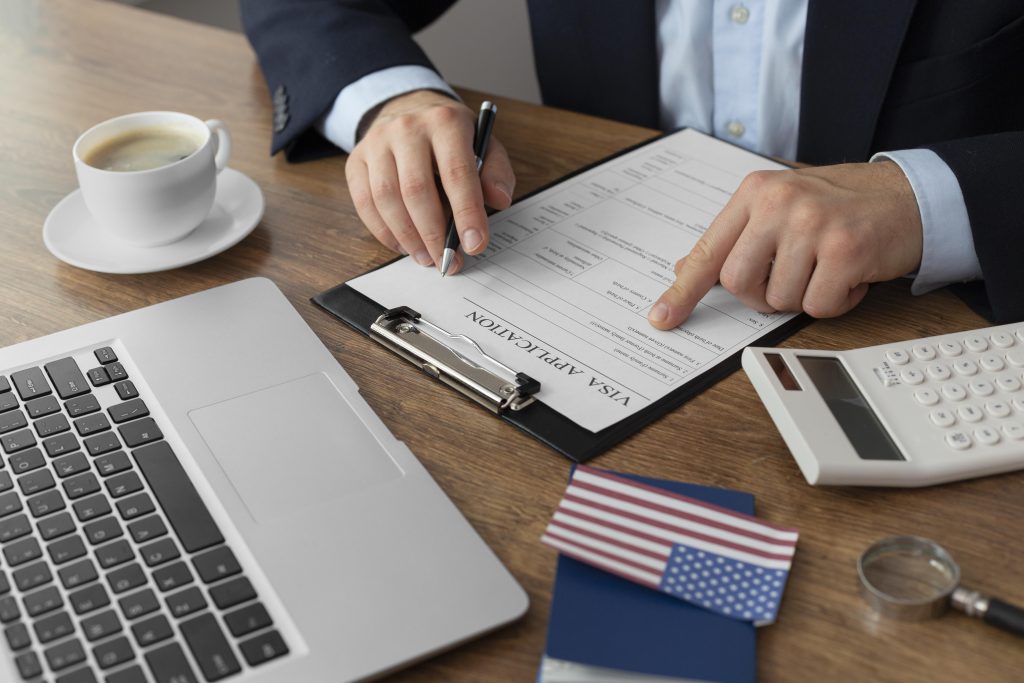The Strategic Role of a Corporate Travel Buyer in Streamlining Business Travel
Corporate travel buyers play a pivotal role in ensuring business trips are efficient, cost-effective, and compliant with company policies. As companies strive to balance cost savings with traveler satisfaction, the role of the travel buyer has evolved into a multifaceted position requiring strategic thinking, vendor management skills, and technological know-how.
Partnering with a travel management company and using advanced travel platforms empowers travel buyers to streamline processes, enforce policies, and deliver exceptional experiences for employees on the move.
What Does a Corporate Travel Buyer Do?

A corporate travel buyer is a dedicated professional responsible for overseeing all aspects of business travel within an organization. From securing the best travel rates to managing risk and ensuring traveler safety, their tasks span the entire travel procurement process.
Below are the core responsibilities of a modern corporate travel buyer:
1. Crafting and Sharing Travel Itineraries
An itinerary provides structure to a business trip, detailing essential travel components such as
- Flight details and boarding passes
- Hotel bookings and contact information
- Local transportation logistics
- Emergency contacts and support channels
A well-prepared itinerary—accessible via email, app, or cloud—ensures business travelers are equipped with all the information they need while on the go.
2. Managing Flight Bookings Strategically
Flight booking is a complex task, especially when trips involve multiple destinations or tight schedules. Corporate travel buyers must:
- Consider visa requirements and layovers
- Choose flights that ensure timely arrivals with minimal stress
- Align flight timings with meeting schedules
- Factor in airport transfer times
- Build contingency plans for delays or cancellations
Using booking platforms with comparison tools enables buyers to choose cost-effective flights while aligning with employee preferences and comfort.
3. Negotiating and Securing Accommodations
Hotel partnerships are critical to cost savings and traveler satisfaction. Corporate travel buyers:
- Establish relationships with hotel chains to unlock special corporate rates
- Negotiate perks such as early check-ins, lounge access, or room upgrades
- Monitor cancellation policies and ongoing hotel renovations or upgrades
- Ensure accommodations align with dietary and lifestyle preferences of travelers
Their ability to balance cost with quality directly impacts the travel experience and overall employee satisfaction.
4. Balancing Policy Compliance and Employee Satisfaction
The modern travel buyer is not just a cost controller—they’re also a people-focused strategist. While negotiating rates and enforcing policies are essential, today’s role prioritizes:
- Personalizing travel based on employee preferences
- Gathering traveler feedback post-trip
- Implementing changes to improve the travel program
- Enhancing traveler well-being to maximize trip ROI
A satisfied employee is more likely to be productive during business trips, directly benefiting the organization.
Leveraging Technology for Smarter Travel Buying
Using SaaS-based platforms enables travel buyers to
- Automate itinerary creation
- Centralize travel bookings and supplier information
- Improve visibility into travel spend and compliance
- Access real-time traveler support and emergency management
- Tap into global travel inventories for better rates and flexibility
These tools simplify the buyer’s responsibilities while enhancing scalability as the business grows.
Conclusion
A corporate travel buyer is central to the success of any business travel program. By aligning company travel policies with the needs of employees and leveraging technology for procurement and compliance, travel buyers play a strategic role in driving cost efficiency and enhancing traveler experience.
Platforms enable buyers to manage bookings, monitor budgets, and optimize travel programs—all from a centralized interface. In today’s dynamic travel landscape, a corporate travel buyer is no longer a back-office function but a key contributor to business growth and operational excellence.
Corporate Travel Buyer FAQs
What is the difference between business and corporate travel?
Corporate travel usually involves larger budgets and structured policies, whereas business travel may be less formal and on a smaller scale.
What are concierge services in corporate travel?
These services include lounge access, visa assistance, insurance, and other value-added perks that enhance the travel experience.
Why is data security important in travel management?
Online travel platforms handle sensitive personal and financial data, making cybersecurity a top priority.
How does access to a large travel inventory help?
A broader inventory offers more choices and competitive rates, driving savings and flexibility in travel planning.
What is the main function of a corporate travel buyer?
They act as a bridge between the company and travel suppliers, ensuring optimal procurement of travel-related services like flights and hotels.


